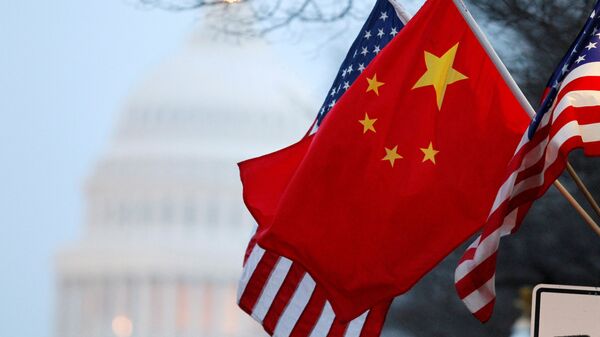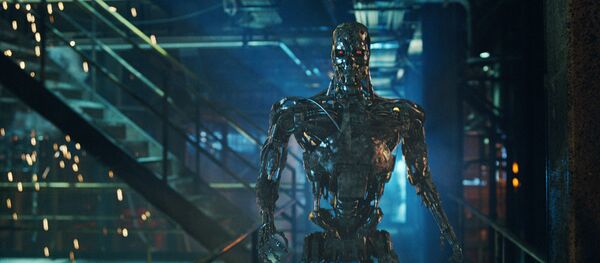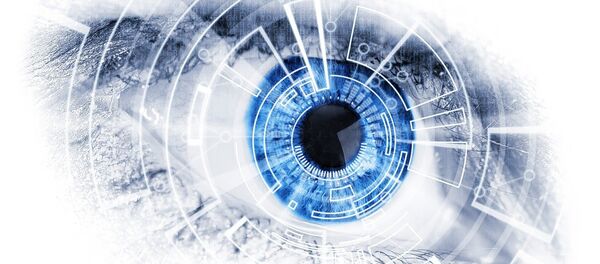The comments came in response to Beijing outlining their artificial intelligence strategy. In a speech before the Center for New American Security's Artificial Intelligence and Global Security Summit, Schmidt praised the stratagem.
"Trust me. These Chinese people are good," he said. "It's pretty simple. By 2020, they will have caught up; by 2025, they will be better than us; and by 2030, they will dominate the industries of AI."
Thus far, most major AI breakthroughs have come from American organizations. IBM's Deep Blue and Watson computers both demonstrated the power of deep learning systems, automated NASA probes like Spirit and Discovery have navigated the surface of Mars with little human assistance, and companies like Ford and General Motors have led the charge toward automated vehicles.
But that won't last much longer, according to Schmidt — and he isn't happy about it. "Weren't we the ones who were in charge of AI dominance, in our country?" he asked the audience. "Weren't we the ones that invented this stuff? Weren't we the ones who were willing to go and exploit the benefits of all this technology for betterment of American exceptionalism and our own arrogant view?"
What's the difference between China and the US, according to Schmidt? It's simple: Beijing has concocted a national AI strategy and has allocated the public funding needed to make it happen. The US has done neither. "We need to get our act together as a country," he said. "America is the country that leads in these areas; there is every reason we can continue that leadership."
Schmidt serves as both the executive chairman of Alphabet, Inc. as well as the chairman of the Defense Innovation Board (DIB), a board of Silicon Valley's top minds who have partnered with the US Department of Defense. The DIB, which includes top names from companies like LinkedIn and Instagram, retired admiral William McRaven and astrophysicist Neil DeGrasse Tyson, is meant to help the Pentagon become more innovative and adaptive in a rapidly changing world.
China's state plan includes both commercial and military applications for AI. As such, Schmidt advised the Pentagon in his capacity as the DIB chair to accelerate their AI programs. He says that he's explained to both former Defense Secretary Ashton Carter and current Secretary James Mattis how crucial a technological edge in innovation is in wartime.
"The problem is everybody can understand something, but they cannot collectively act. [That] is the sort of core governance problem, so you have to come up with ways for them to be able to get the resources," Schmidt said. "If we were in a huge war with a major adversary, I am sure the rules would be different, but right now, the planning procedures and so forth, in my view, take too long."
In short, the key use of automation would be to perform monotonous but crucial tasks. "In peacetime, and really in wartime, what do our men and women do mostly? They mostly watch things," he said. "We have this whole tradition of military standing watch… as if that is a good use of human beings."
Schmidt pointed out that a machine is inherently better suited to the task of, for instance, performing diagnostics on a tank. It never grows bored or tired, it doesn't need to take breaks, and it can instantly alert humans if something happens.
Schmidt also gave an unorthodox reason for the US to repair relations with its longtime rival Iran. "Some of the very best people are in countries that we won't let into America. Would you rather have them building AI somewhere else, or rather have them here?" Schmidt asked. "Iran produces some of the top computer scientists in the world, and I want them here. To be clear, I want them working for Alphabet and Google!"





